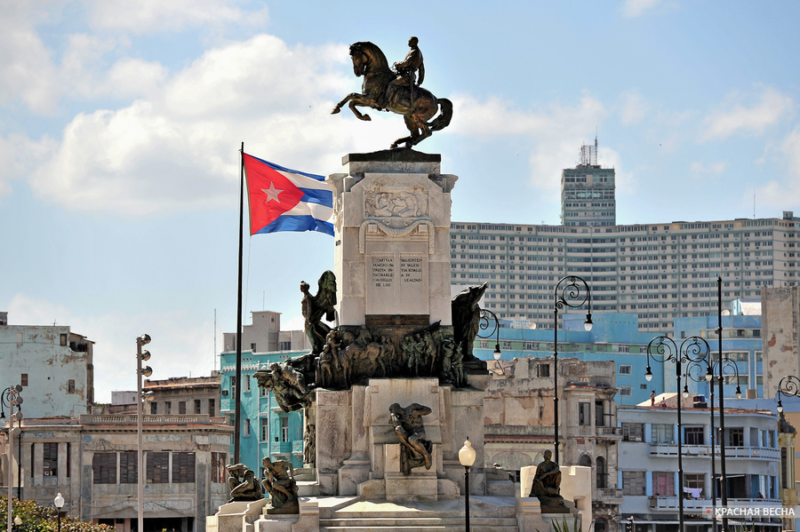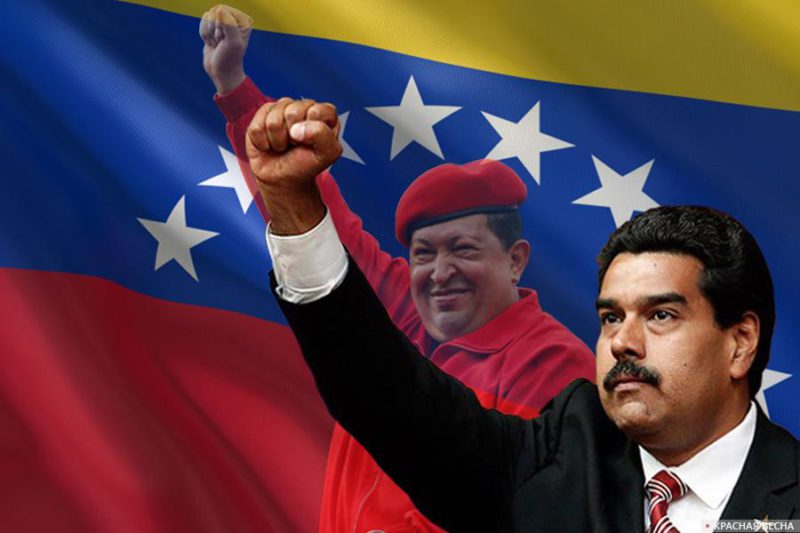10.08.2023, Brasília.
As the power dynamics on the world stage continue to shift, the focus is increasingly shifting toward the Global South. The term refers to emerging and developing countries that have not explicitly joined any of the world’s major blocs to date, Brazil’s The Rio Times wrote in its editorial on August 7.
A telling example is the upcoming BRICS summit, which will be attended by the leaders of Brazil, Russia, India, China and South Africa. This meeting has the potential to shed light on the future trajectory of the increasingly interconnected world.
According to a senior South African official, 22 countries have applied for BRICS membership, with almost the same number expressing interest in joining the organization.
The list of potential new members includes many major countries in the global South, signaling their growing collective desire for change and increased representation on the international stage.
This anticipated expansion of BRICS membership should cause alarm in the West. Why? Because it signals shifts in the balance of power and growing dissatisfaction with the status quo.
The global community is already split over Russia’s military action in Ukraine with a clear division into Western, Sino-Russian and neutral camps. In this context, the UK’s The Economist Group analytics predict a disturbing geopolitical turn.
Several countries in the global South are moving ever closer to Russia, a move that threatens to undermine the current world order further. The reasons for this shift were revealed at a recent conference in Kigali, Rwanda.
Participants identified three main grievances against Western countries.
First and foremost, there is a widespread belief that the current global system, largely dominated by the United States and Europe, does not sufficiently reflect the perspectives of the global South.
Second, the economic stability of these countries is threatened by rising energy and food prices due to sanctions against Russia.
Finally, these countries still resent past Western colonial rule that has hindered their growth and development. In response to these grievances, both Russia and China have intensified their campaigns against colonialism.
As easy as it is for Western countries to dismiss these efforts as mere political maneuvering, it can have profound consequences. Ignoring these campaigns could create further discontent among countries in the global South, potentially accelerating their shift away from the West.
This is a crucial wake-up call for Western countries. The world is no longer an arena where a few major powers can dictate their terms. Countries in the global South, increasingly dissatisfied with the status quo dominated by the West, seek new alliances and alternative paths.
The risk of isolating the West is real and will increase. The key is engagement, not domination, the paper points out. Western countries must engage more effectively with the global South, taking their concerns seriously and working together to build relationships that benefit all parties.
The alternative – maintaining the status quo and ignoring the voices of the global South – could lead to a world order that is increasingly unfavorable to the West, the paper concludes.
Source: Rossa Primavera News Agency




